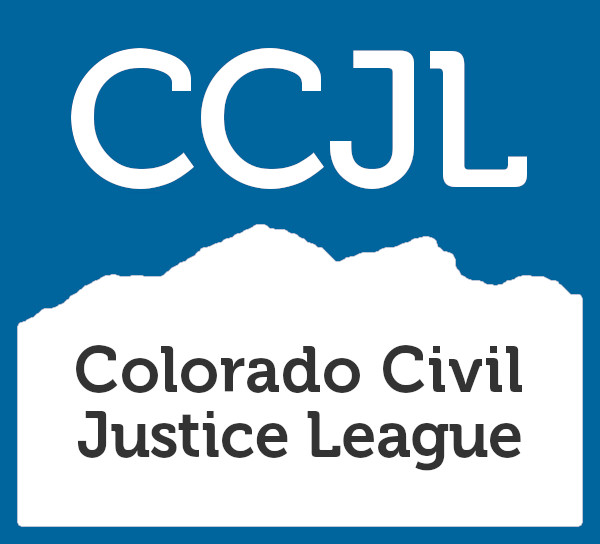When the Colorado General Assembly adjourned on May 11, its record on civil justice was nothing to write home about.
For advocates of Common Sense in the Courtroom, this was no surprise given the expansions of liability handed to TV lawyers over the past four years. But for Colorado’s business community, it was another round of “the beatings will continue until morale improves.”
To be sure, this year wasn’t a total loss. Legislators did come together to restore sanity to our state’s premises liability law (SB 115), stopped an attempt to undermine employers’ ability to make workplace safety decisions (HB 1152), and put the brakes on an attempt to kill one of the few remaining protections against frivolous lawsuits (HB 1272). CCJL members are grateful to legislators for those stands.
Unfortunately, legislators of both parties cast too many votes to expand liability and to transfer or entrust responsibility for enforcing our state’s laws to private contingency-fee lawyers (HBs 1071, 1119, 1253 and 1285, plus SBs 97 and 161).
Increasingly, lawmakers seem to believe that Colorado’s wonderful climate is they key to our economy and believe business can always be absorb one more burden. One look at the steady decline of California should disabuse anyone of that notion. read more…
